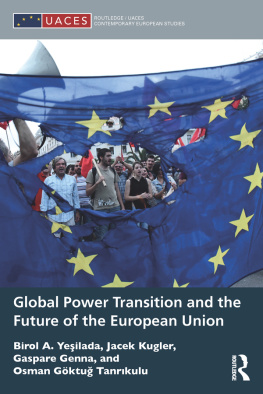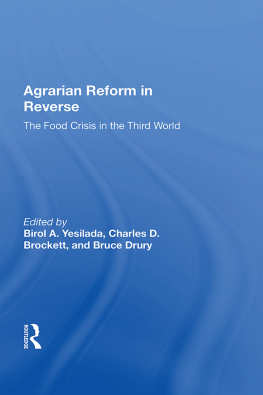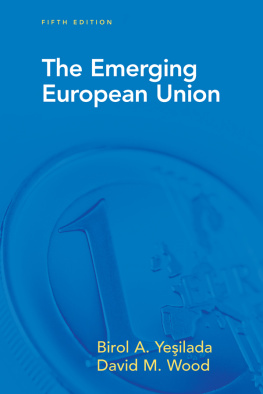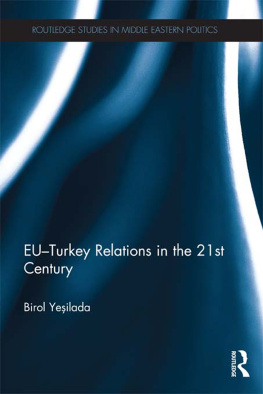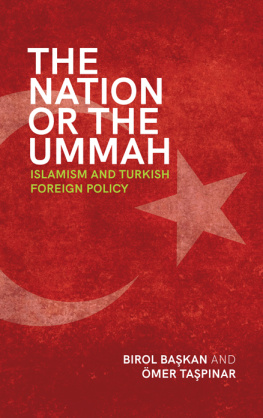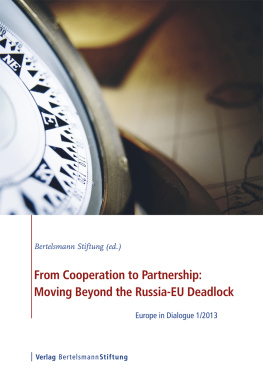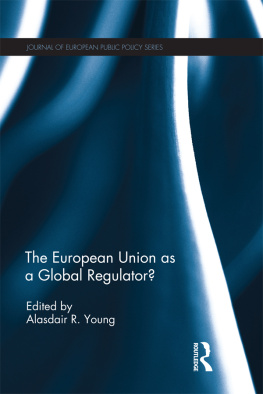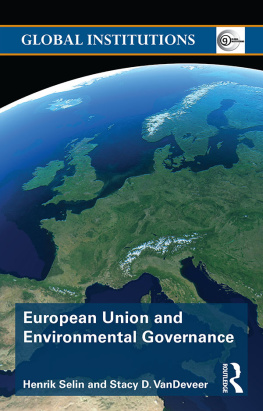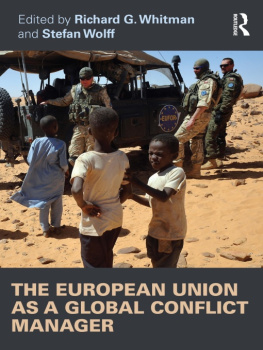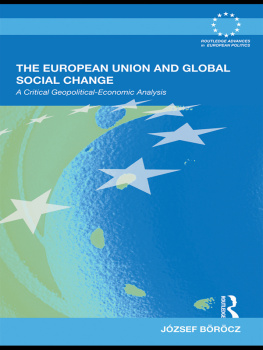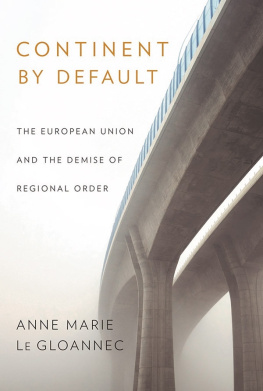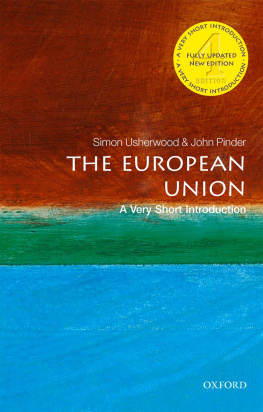Birol A. Yeşilada - Global Power Transition and the Future of the European Union
Here you can read online Birol A. Yeşilada - Global Power Transition and the Future of the European Union full text of the book (entire story) in english for free. Download pdf and epub, get meaning, cover and reviews about this ebook. year: 2017, publisher: Routledge, genre: Politics. Description of the work, (preface) as well as reviews are available. Best literature library LitArk.com created for fans of good reading and offers a wide selection of genres:
Romance novel
Science fiction
Adventure
Detective
Science
History
Home and family
Prose
Art
Politics
Computer
Non-fiction
Religion
Business
Children
Humor
Choose a favorite category and find really read worthwhile books. Enjoy immersion in the world of imagination, feel the emotions of the characters or learn something new for yourself, make an fascinating discovery.
- Book:Global Power Transition and the Future of the European Union
- Author:
- Publisher:Routledge
- Genre:
- Year:2017
- Rating:3 / 5
- Favourites:Add to favourites
- Your mark:
- 60
- 1
- 2
- 3
- 4
- 5
Global Power Transition and the Future of the European Union: summary, description and annotation
We offer to read an annotation, description, summary or preface (depends on what the author of the book "Global Power Transition and the Future of the European Union" wrote himself). If you haven't found the necessary information about the book — write in the comments, we will try to find it.
Global Power Transition and the Future of the European Union — read online for free the complete book (whole text) full work
Below is the text of the book, divided by pages. System saving the place of the last page read, allows you to conveniently read the book "Global Power Transition and the Future of the European Union" online for free, without having to search again every time where you left off. Put a bookmark, and you can go to the page where you finished reading at any time.
Font size:
Interval:
Bookmark:
Power and Conflict in a Dualist Political Economy
Edited by jos M. Magone, Brigid Laffan, and Christian Schweiger
The Contested Neighborhood
Esther Ademmer
Ideas Do Not Float Freely
Thomas Risse
The Emergence of a New Sphere of Opposition
Edited by John FitzGibbon, Benjamin Leruth, and Nick Startin
Birol A Yeilada. Jacek Higler. Gaspare Genna, and Osman
Gktu Tanrikulu
Gaspare Genna,
and Osman Gktu Tanrkulu

by Routledge
2 Park Square, Milton Park, Abingdon, Oxon OX14 4RN
711 Third Avenue, New York, NY 10017
A catalogue record for this book is available from the British Library
A catalog record for this book has been requested
ISBN: 978-1-315-27022-7 (ebk)
by Sunrise Setting Ltd, Brixham, UK
Font size:
Interval:
Bookmark:
Similar books «Global Power Transition and the Future of the European Union»
Look at similar books to Global Power Transition and the Future of the European Union. We have selected literature similar in name and meaning in the hope of providing readers with more options to find new, interesting, not yet read works.
Discussion, reviews of the book Global Power Transition and the Future of the European Union and just readers' own opinions. Leave your comments, write what you think about the work, its meaning or the main characters. Specify what exactly you liked and what you didn't like, and why you think so.

